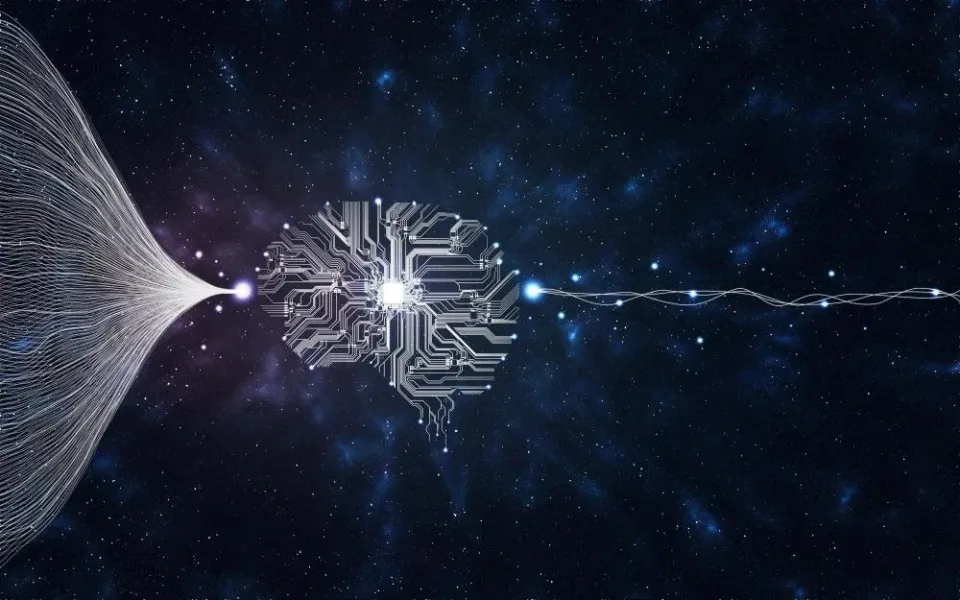Machine Learning in Neuroscience

Hey Neurons,
These months I’m working a lot on implementing a machine learning paradigm for cognitive data and I want to take you along on this journey. I hope that by sharing the resources that I consume when learning different topics in computational neuroscience you can also follow along. This week will be a deep dive into deep learning and its uses in neuroscience. If you have never implemented a machine learning algorithm on neuroscience data before, you might think it is a pretty easy job. However, the training of a black box, which most deep learning systems essentially are, on black box data, our brain, makes the interpretation of the results from these deep learning paradigms really tricky.
📚 Something to read
📚 Paper - Extracting representations of cognition across neuroimaging studies improves brain decoding
This paper demonstrates an interesting method that allows the user to combine different smaller datasets with larger ones using a deep learning paradigm. This is important because in neuroimaging it is not always possible to create large datasets. We need large datasets to have enough statistical power to make predictions. Furthermore, it is especially hard to collect neuroimaging data for certain patient groups. Thus, having this method that allows for the combination of smaller neuroimaging datasets is a big step forward.
👀 Something to watch
👀 Lecture - Neurohackademy: Gael Varoquaux - Machine Learning for Neuroimaging
In this talk, Gael Varoquaux talks about different machine-learning techniques for neuroimaging. If you are not in the field, it may be hard to understand all the issues that come with using neuroimaging data in machine learning. This talk gives a good overview of the current state of the field and where we have to improve going forward.
You will learn about:
- Encoding models in neuroimaging
- Decoding models in neuroimaging
- The Nilearn package - an excellent package for analysing neuroimaging data.
🎧 Something to listen
🎧 Podcast - Lex Fridman Podcast - Andrew Ng: Deep Learning, Education, and Real-World AI | #73
Andrew Ng is a computer scientist who created one of the first open machine-learning courses. If you are interested in machine learning I would highly recommend taking his machine learning specialization on Coursera. In this talk with Lex Fridman, Andrew Ng talks about his love for computer science and machine learning, and how he started teaching online amongst other topics. I found it highly inspiring, especially how he created videos whilst simultaneously working.
💻 Something to code
💻 Tutorial - Pytorch
I have talked about the importance of immediately implementing what you learn. Therefore, I also highly recommend that you implement a simple deep-learning model yourself. After following this tutorial you will be able to create deep learning models using the Python language. It is based on the package PyTorch, which is commonly used for creating deep learning models. I think understanding basic machine learning is essential if you want to know more about computational neuroscience. Good luck coding 🧠.
👩💻 Weekly Quote
"Let us rather raise ourselves that much higher. Let us colour our own example ever more brilliantly. Let our brilliance make them look dark.”
- Friedrich Nietzsche